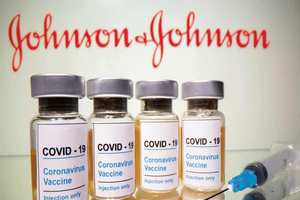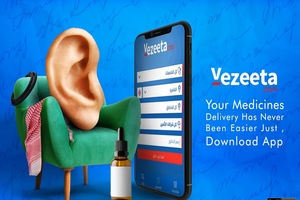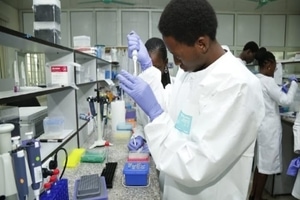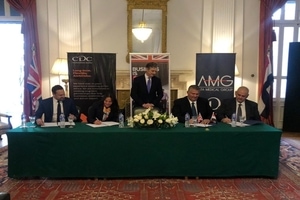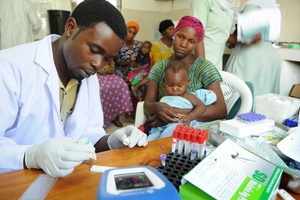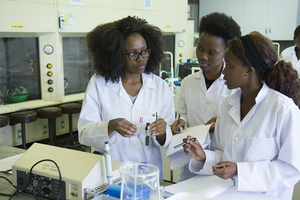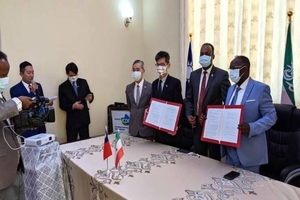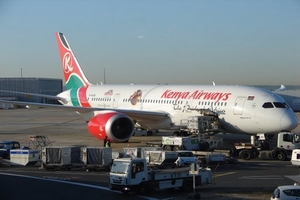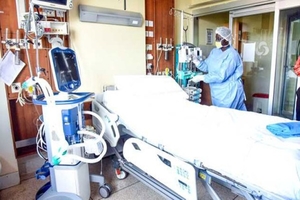Johnson & Johnson, an American pharmaceutical company, has announced that it will begin supplying the African Union (AU) with 400 million doses of its single-shot Covid-19 vaccine in the third quarter.
According to a related announcement, all African Union member states will have access to 220 million doses of the Johnson & Johnson single-shot Covid-19 vaccine through the African Vaccine Acquisition Trust (AVAT), which was formed in November 2020.
According to a joint statement released by the African Union, the African Vaccine Acquisition Task Team (AVATT), the African Export-Import Bank (Afreximbank), the Africa Centres for Disease Control and Prevention (Africa CDC), and the Africa Medical Supplies Platform (AMSP), an extra 180 million doses may be requested.
Africa CDC Director, Dr. John Nkengasong, said: “The Africa CDC proposed to the African Union that a minimum of 750 million Africans (60 percent) be immunized if Covid-19 is to be contained. This exchange helps Africa to reach approximately half of the goal. The main feature of this vaccine is that it is a single-dose vaccine, making it easy to roll out rapidly and safely, saving lives.”
President of South Africa, AU Champion for the Covid-19 vaccine plan and purchase, and Chairman of AVATT, Cyril Ramaphosa, accepted the landmark deal, which he initiated jointly with the corporation during his term as AU Chairperson.
“This agreement is a big step toward ensuring the health of all Africans. It is also a strong example of African unity and what we can do by collaboration between the public, private, and foreign sectors that prioritize citizens,” Ramaphosa said.
The vast majority of supplies will be manufactured at Aspen Pharma’s massive pharmaceutical processing facility in South Africa.
Afreximbank President Benedict Oramah stated, “We are extremely honored to have been offered the chance by the African Union to promote this significant transaction under the auspices of the Africa Vaccine Acquisition Task(AVATT) Team in the middle of a very tight Covid-19 vaccine market.”
“We look forward to beginning the implementation of the US$2 billion Vaccine Procurement facility approved by the Bank’s Board of Directors to assist the continent in beginning to rid itself of the pandemic and restore its economy as Financial and Transaction Consultants, Guarantors, Installment Payment Facility Arrangers, and Payment Officers.”
Oramah stated that the money would help intra-African trade and that “we have already begun engagement with our financial partners” to obtain additional funding to support procurement if Africa agrees to purchase the additional 180 million doses.
AU countries were invited to place pre-orders for the vaccines prior to the signing of the deal, and “many countries expressed strong preference for this particular vaccine. The majority of countries have already finished their pre-orders,” reads the statement.

